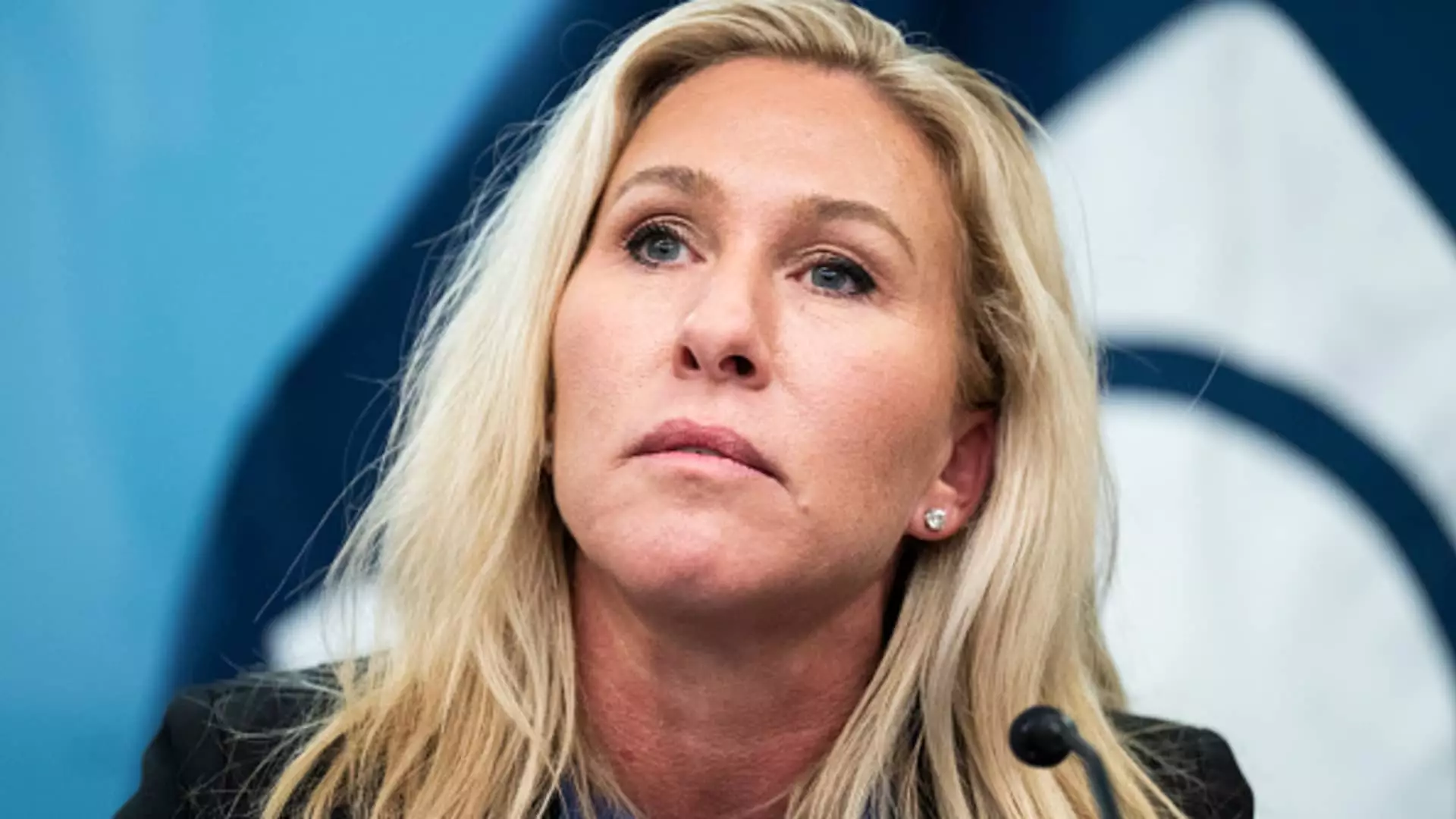The political landscape continues to evolve, with members of Congress exploring innovative and often controversial avenues to enhance government operations. A recent development has placed Rep. Marjorie Taylor Greene of Georgia at the forefront of a new House subcommittee dedicated to government efficiencies. This initiative, intriguingly associated with figures like Elon Musk and Vivek Ramaswamy, raises questions about the intersection of politics, technology, and public service.
Rep. Greene’s new leadership role in the Subcommittee on Delivering on Government Efficiency has the potential to reshape discussions around governmental functions. This subcommittee is set to collaborate closely with the Department of Government Efficiency (DOGE), spearheaded by Musk and Ramaswamy, who have made it their mission to trim down government waste and enhance operational efficiency. The significance of this collaboration cannot be understated, as it marries the influence of the private sector with legislative oversight—a union that could either result in innovative change or exacerbate existing tensions between government and industry.
In a statement shared with CNBC, Greene expressed her enthusiasm, stating, “I’m excited to chair this new subcommittee designed to work hand in hand with President Trump, Elon Musk, Vivek Ramaswamy, and the entire DOGE team.” Her ambition to hold government officials accountable and her commitment to transparency through extensive hearings underscore a critical approach that may resonate with certain sectors of the American public, while raising eyebrows among others.
The objectives outlined by Greene and her committee signify a proactive approach to government reform, with promises to eliminate inefficiencies in federal agencies. By revealing the inner workings of governmental structures and practices, they intend to expose inefficiencies that the public might otherwise overlook. Their determination to handle “no topic” with restraint suggests a maximalist strategy, aiming for thorough investigations that could uncover mismanagement or wastefulness within the federal framework.
However, the intent to “fire bureaucrats” mentioned by Greene opens a Pandora’s box of ethical considerations and potential backlash. On one hand, a streamlined government may lead to substantial cost savings and improved services, but on the other hand, such measures may contribute to an unstable job market and distrust among public employees. The rhetoric focusing on “fat cats in government” might galvanize a base that craves change but could also alienate those who see merit in the established bureaucratic structure.
Public reaction to Greene’s newly appointed subcommittee is bound to be mixed. Historically, Greene has drawn criticism for her support of conspiracy theories, leading to her removal from committee assignments in the last Congress. This uneasy backdrop amplifies scrutiny of her new role and raises concerns regarding the legitimacy of her initiatives. Critics may argue that her controversial past may hinder bipartisan cooperation or dilute the efficacy of the committee’s intended goals.
Moreover, the subcommittee’s affiliation with prominent figures like Musk, known for his unorthodox approaches to business and social platforms, complicates the public’s perception. While some may view this as an innovative merger of private enterprise and government reform, others may see it as an overreach of corporate influence into political affairs.
As this subcommittee gears up to launch its operations, numerous challenges are on the horizon. Navigating the complex dynamics of bipartisan collaboration is essential; Greene’s approach will need to maintain an open dialogue with both allies and dissenters. Additionally, the effectiveness of hearings and investigations will be closely scrutinized. Any perceived lack of transparency or undue targeting of government employees could lead to substantial pushback from within Congress as well as from the public.
Rep. Marjorie Taylor Greene’s leadership of the Subcommittee on Delivering on Government Efficiency represents both a bold step towards restructuring government functions and a potential flashpoint for controversy. As the committee moves forward, the implications of its actions will resonate through not only the corridors of power but also the broader political and social landscape of America. Balancing the demands for efficiency with the complexities of governance remains a daunting but crucial task.

Leave a Reply